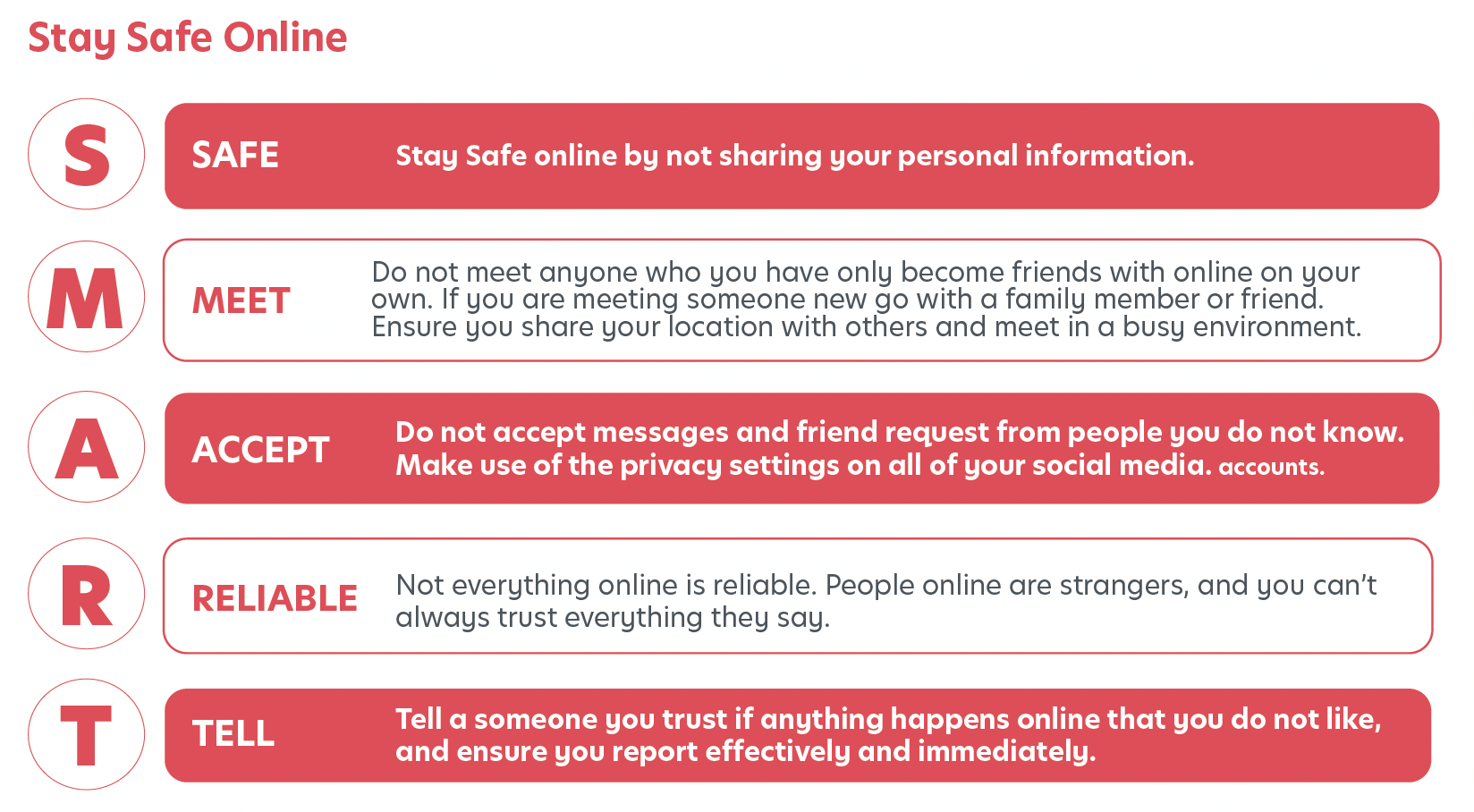Hello, welcome Parents and Caregivers - to Busy Bees Education and Training
This information has been put together to inform you, as the main caregiver of a current apprentice here at Busy Bees Education and Training, of what you can expect to be delivered within a typical learning journey. We have also aimed to provide you with information and guidance relevant as a caregiver.
A little about us
As a training provider with over 19 years of experience, Busy Bees Education and Training are committed to developing and empowering world-class professionals. Our team of experienced certified training professionals are on hand to ensure apprentices have a positive learning journey every step of the way. We take full and complete responsibility for the quality of our courses. We operate ethically, reliably, and honestly, as integrity is fundamental to our culture. Find out more here.
Busy Bees don't just offer apprenticeships. Did you know we also offer a wide range of CPD and First Aid Courses too?
The Learning Journey

Learner Recruitment Officer
A learner Recruitment Officer will be one of the first people an Apprentice comes into contact with here at Busy Bees Education and Training. The Learner Recruitment Officer supports apprentices with the application and onboarding process providing impartial IAG and signposts where necessary. The Learner Recruitment Officer will enrol Apprentices onto their Apprenticeship, starting their learning journey here at Busy Bees Education and Training.
Development Coach
Every Apprentice is allocated a Development Coach who is a sector expert in their field of competency. The Development Coach delivers the main sector qualification and or standard to the apprentices individually to support them to progress and develop their knowledge, skills, and behaviours ready for the Apprentices to sit their End Point Assessment confirming their Apprenticeship achievement.
Functional Skills Officer
Apprentices are required to show a level of Math and English learning and achievement as part of their Apprenticeship. If valid transferable evidence is not provided to exempt the Apprentice from completing the required level of Functional Skills, they will be required to complete this as part of their Apprenticeship. A Functional Skills Tutor can be allocated to deliver and support functional skill learning in an individual way to the Apprentices, enabling them to retain integral lifelong skills.
IQA
An IQA monitors the delivery of apprenticeships at milestone points and supports the Development Coach and Functional Skills Officer to deliver to Apprentices in an agreed standardised way in line with awarding bodies and within regularity body requirements. The IQA provides feedback and points for improvement to ensure that the evidence captured reflects the distance being traveled by the Apprentices and demonstrates their long-term learning has been impacted. An IQA can also carry out a mock EPA to support them in preparation for their EPA with an independent End Point Assessment Organisation.
OTJ – What does it mean?
The ESFA defines off-the-job training as ‘learning which is undertaken outside of the normal day-to-day working environment and leads towards achieving an apprenticeship. This can include training that is delivered at the apprentice’s normal place of work but must not be delivered as part of their normal working duties’.
Key Facts about OTJ
- Off-the-job training must make up at least 20% of your normal working hours (working hours capped at 30 hours a week for funding purposes only). For a full-time apprentice, this is an average of 6 hours a week over the planned duration of the apprenticeship.
- Off-the-job training can take place in the normal workplace or at an external location.
- Time spent on initial assessments, onboarding, progress reviews on program assessments, and English and Maths up to level; 2 do not count towards the OTJ training. Find out more here.
Health and Well-being
Families are a unit and when your child enters a new phase of learning, this can often have a knock-on effect on the household. Be that from increased food bills for lunches, losing out on additional support due to age or earning an apprentice wage. Below we've outlined some key areas for support for parents and caregivers who may be supporting their young person on their apprenticeship journey and may require additional support for the family's health and well-being.
Cost of Living

The UK is currently in a Cost-of-Living crisis, with fuel, shopping, and amenities at an all-time high. The impact of this can be stressful for many families. Please use the below links for support with the cost of living:
Child Benefit
If you are currently in receipt of Child benefits you entitlement may now change dependent on your child's Post 16 education choices.
For more information please visit the Gov website for information on Child Benefit for children aged 16-19 and for support with benefits calculators and understanding what help you may be entitled to during your child's additional education.
Healthy Eating on a Budget
As food costs continue to rise, eating healthy on a budget can be a challenge. Please use the below as a support link for ways to eat well on a budget:

Couch to 5k
Taking up running can seem like a scary prospect, especially if you feel out of shape or unfit. The NHS Couch to 5K will help you gradually work up towards running 5km in just 9 weeks.

Parental Mental Health Support
We know parenting isn’t always easy especially when children are going through transitions. It can feel especially hard if your child's mood and behaviour seem different and you're not sure why, or what you can do to help. But you are not alone.
Young Minds provide practical advice and tips on supporting your child - from how to encourage your child to open up about their feelings to dealing with mental health services.
No matter what you and your child are going through, things can get better.
Safeguarding
Meet our Safeguarding Team

If you have a Safeguarding or Prevent concern, please email bbt.safeguarding@busybees.com. See also our Safeguarding IAG for further information
Domestic Violence
Domestic Violence
It is estimated 6.9% (1.7 million) of women
and 3% (699,000) of men experienced
domestic in the year ending March 2022.
Nearly 2 million people in the UK suffer some form of domestic abuse. 1 in 5 children has been exposed to domestic violence.
Help and support is available at Women's Aid and at Men's advice line.
Prevent
Prevent is about safeguarding people and communities from the threat of terrorism.
To support your own understanding of Prevent, please use this link to complete a government awareness course.
Parents Protect
This child sexual abuse awareness and prevention website was created by the child sexual abuse prevention campaign. For more information please visit Parents Protect.

British Values
The government introduced British Values to underpin what it is to be a citizen in a modern and diverse Britain. As a Training Provider, this is what we promote and instill:
- Democracy - A culture built upon freedom and equality, where everyone is aware of their rights and responsibilities.
- Rule of Law - The need for rules to make a happy, safe and secure environment.
- Mutual Respect and Tolerance - Understanding that we all don't share the same beliefs and values. Respecting the values, ideas and beliefs of others whilst not imposing our own on others.
- Individual Liberty - Protection of your rights and the right of others you work with.
You can also find a downloadable pdf of the above information here.


